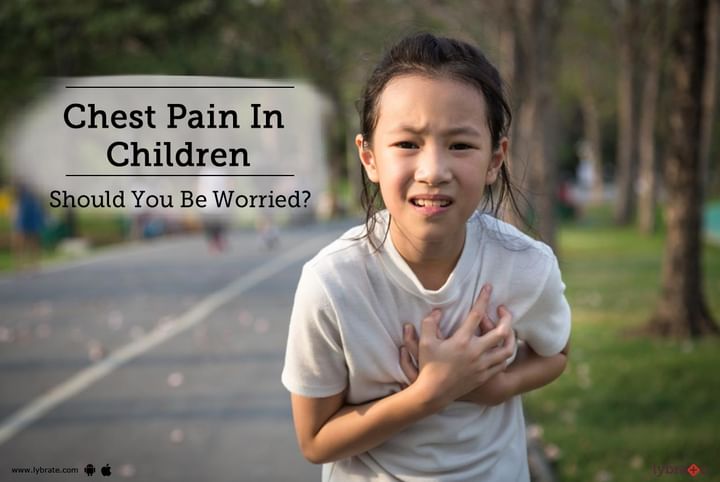Chest Pain In Children - Should You Be Worried?
My child complains of Chest Pain. Should you be worried?
Chest pain is a common complaint among children. For a parent, it can be worrisome because there is a natural tendency to associate chest pain with the heart. The good news is, in more than 95% of cases, chest pain is non-cardiac in origin.
What signs will tell me that the pain may be related to the heart?
Chest pain that occurs in association with certain pointers needs a thorough evaluation. Some of the features that may suggest a heart-related condition include:
- Associated breathing difficulty or dizziness
- Chest pain that is brought on by exercise
- When cardiac disorders run in the family or there have been sudden deaths at a young age in the family
- A past medical condition like Kawasaki disease or connective tissue disorder
The following features suggest that a non-cardiac cause is likely:
- If the pain follows direct trauma to the chest or is worsened on local pressure: the muscles or bones that form the chest wall are the likely origin of pain
- Wheezing or fever and cough: a lung problem is likely
- A burning pain beneath the breastbone, especially in relation to certain types of food: may be related to the digestive system
- A stressful situation at school or home: a psychological cause of chest pain may be considered.
What can I expect at the doctor’s visit?
If your child complains of chest pain, it is important to take him or her to the doctor. Your doctor will first take a detailed history and examine the child. ECG, a record of the electrical activity of the heart, gives an initial idea whether or not the pain may be related to the heart. Other tests that may be ordered include a chest XRay, a ‘heart-scan’ (echocardiogram), a stress test, or further tests based on the findings on evaluation.



+1.svg)
